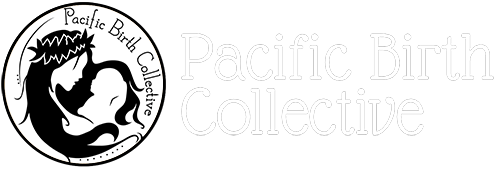The information on this web site, including text, graphics, images and information, is for general information purposes only. Pacific Birth Collective makes no representation and assumes no responsibility for the accuracy of information contained on or available through this web site, and such information is subject to change without notice. You are encouraged to confirm any information obtained from or through this web site with other sources, and carefully review all information regarding any care provider, service or treatment. |
PBC is a registered 501c(3) non-profit EIN 84-2562504 | © 2023 Pacific Birth Collective | Website design by HighlandCreative.com.au |
